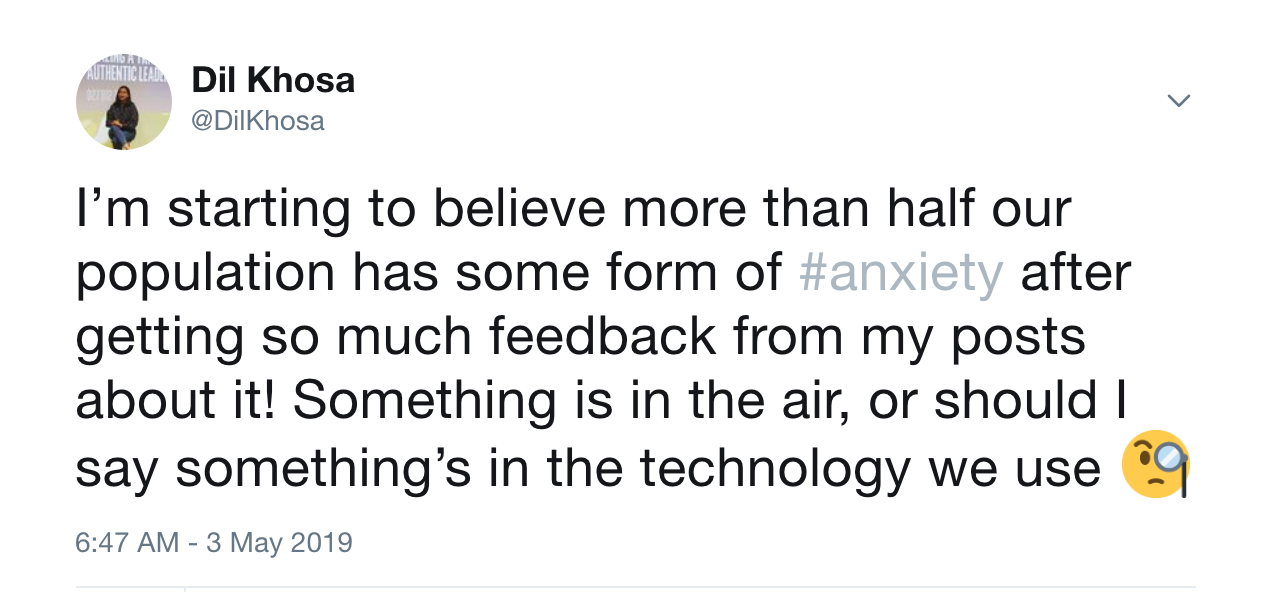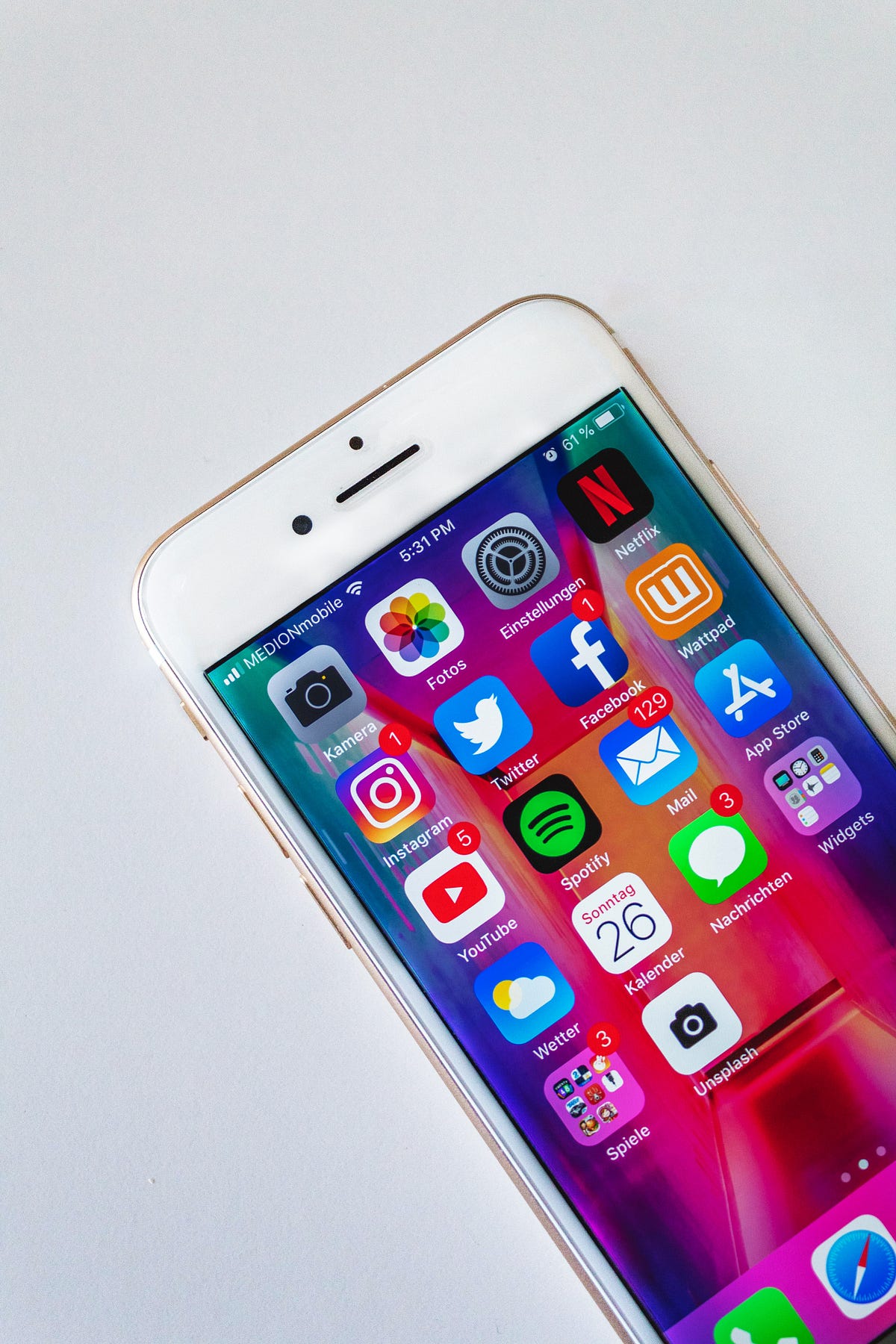The global rate of mental health disorders is on the rise. During my own journey with chronic stress, anxiety and depression, I have come to learn that their prevalence is increasing worldwide, with it being more common in females than males. While there are many causation factors, epigenetics, genetics, situational, environmental etc ., there is one that stood out as a new factor in the rise of mental health disorders in the last few decades. And that is — technology. The exponential rate of technological development in the last decade, has also meant increase in stress, anxiety, depression and associated disorders. According to WHO, in New Zealand more than 10 people per 100,000 take their own lives annually and it’s on the rise.

Sometimes it takes a major break from your job in tech, to realise how its affected your own mental wellbeing.
This used to be me: Wake up at 7AM, check my social media, emails, Slack, WhatsApp, etc., 30 minutes later have a shower, get to work, work 9+ hours on my computer, ‘Slacking’ away at a colleague that’s right next to me, in my ‘breaks’ I would check my social, WhatsApp — respond to family, friends — I must respond ASAP! Go home, order UberEATS, watch Netflix till I’m sleepy, shower, get on Instagram, scroll through images for an hour, read Daily Mail news on Snapchat (yes I know! It was my guilty pleasure!), check work email and Slack — get stimulated again because of work messages, and then spend the rest of the night trying to fall asleep.
Have you ever tracked your screen time? Mine was terrible.
These weekly habits always led me to exhaustion by Friday. If you are reading this, please don’t be like me! In Arianna Huffington’s Thrive, it took a major life event for her to realise her life was out of whack due work & digital obsession and addiction. She talks about a third metric of success — happiness, wellbeing and thriving in life— if you haven’t read her book, I highly recommend it. We can all learn from this. She’s also then gone on to build Thrive Global.
Now, if technology is aiding in making us sad, it can also provide solutions to this global epidemic.
Technology can help in bringing more mental health awareness and support to our populations. Mental health tech is a growing trend and there is a lot of opportunity in the space for technology to make a difference. We are attached to the hip with our gadgets, apps and tech, and let’s not begin to discuss how the future generations are going to be even more tech-enabled — and its impact on parenting! That’s its own topic.
If anything, it’s certainly going to be the century of the ‘digital pursuit of happiness’.
From meditation apps, to Cognitive Behaviour Therapy (CBT) apps, globally there are a growing number of start-ups addressing the many facets of mental health. Locally, we are also observing initial development of an innovative mental health start up tech cluster — with the likes of Mentemia, ThinkLadder, Clearhead, HERE (Global). If I missed any, please comment below so we can learn more about them. It’s going to be a space for huge opportunity to help humans deal with mental health wellbeing at their own pace, at a fraction of the costs, using digital tools.
Comment away.

